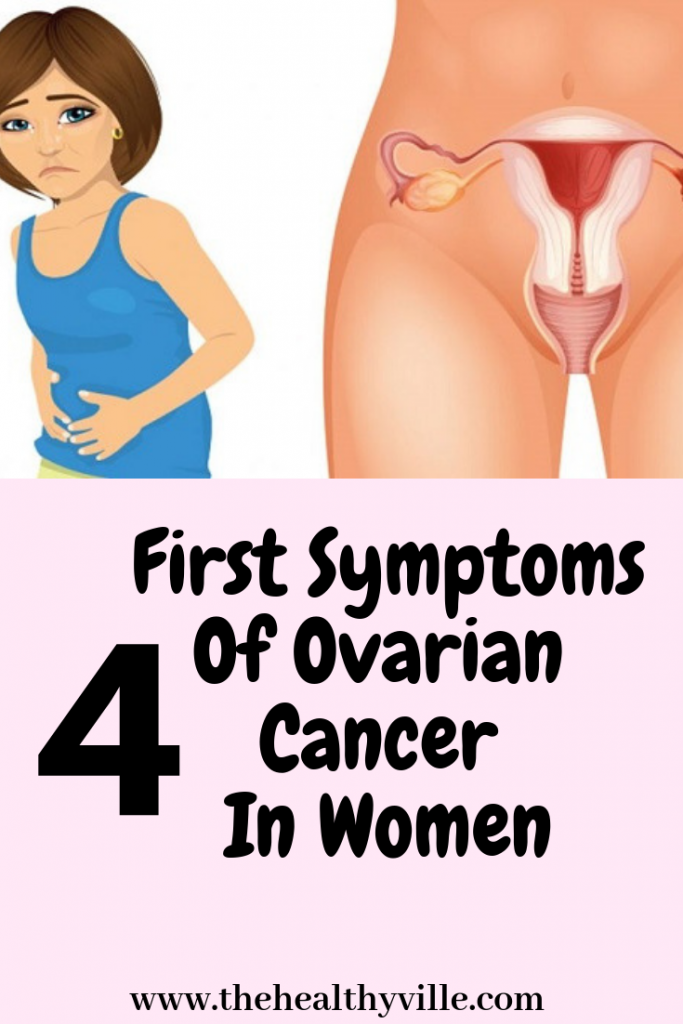Ovarian cancer in women is very common, and yet, women are still not informed well on it. See how to prevent or eliminate it on time… Inform yourself now!
Cancer is a wide spectrum of diseases, and currently one of the leading causes of death worldwide. Regarding the ovarian cancer in women in question, each year around 250,000 cases show cancer development worldwide. Sadly, more than 140,000 women die each year. Unfortunately, 70% of cases are detected in advanced stages.
But what ovarian cancer is really?
When the ovaries cells develop little (or big) tumors that become malignant. This type of cancer is famous silent killer because of the lack of perception of the symptoms and the difficulty to detect it with the checkups. Although it is more common in postmenopausal women, more and more cases show a higher prevalence in women between 30 and 40 years and even younger. A UK research found that early detection of cancer can drastically increase the chances of survival. So paying attention to your body and performing regular checkups with your doctor are essential.
The issue is that ovarian cancer is not silent, but it is quiet. There is currently no reliable test: Pap tests do not collect malignant cysts, and even CA125 blood tests often give false negatives. Another problem is that many of the symptoms are similar to other diseases, such as IBS, leaving early stage tumors develop until they reach stage 3, where they can present as lumps in the abdomen and pelvis.
New research shows signs and symptoms of early stage ovarian cancer. As women we have to be aware and know when something can be a warning sign.
4 symptoms of ovarian cancer in women:
1. Persistent swelling
If you notice that you are constantly swollen and frequently (which happens for more than three weeks), in a way that was not previously, it could be a sign of growing cancerous tumors.
2. Pelvic pain and lower abdomen pain
Think of all the areas where you may feel menstrual cramps – lower part of the stomach, pelvic region, perhaps even in the lower back. While pain during menstruation is normal, persistent pain that lingers long after your menstrual period finishes, could be a sign of ovarian cancer. This is especially important for pre-menopausal women, since they don’t have menstrual pain and that could not be the explanation.
3. Difficulty eating and feeling full fast
If you notice a significant decrease in appetite lasting more than three weeks, talk to your doctor. While this could be a sign of a host of possible stomach or bowel problems, it can also mean cancer.
4. Increased need to urinate
If you find yourself going to a much higher frequency, despite not making any changes in your fluid intake, or if you have urinated and have an urgent need to re-urinate at the next minute, it may be one of the early stages of ovarian cancer.
All these symptoms can easily, and often are, confused with problems and diseases related to the gastrointestinal tract. If you are experiencing any of these symptoms, it is important to monitor their frequency and persistence. If they do not go away after three weeks or more, make an appointment with your doctor. Discuss the need for screening for ovarian cancer.
As women, it is up to us to monitor our own health as well as to inform the women of our lives so that they too can recognize the symptoms of this life-threatening disease.
Read more: What Does Menstrual Blood Color Say About Your Health?
Help fight against ovarian cancer by SHARING this article with your friends and family!

